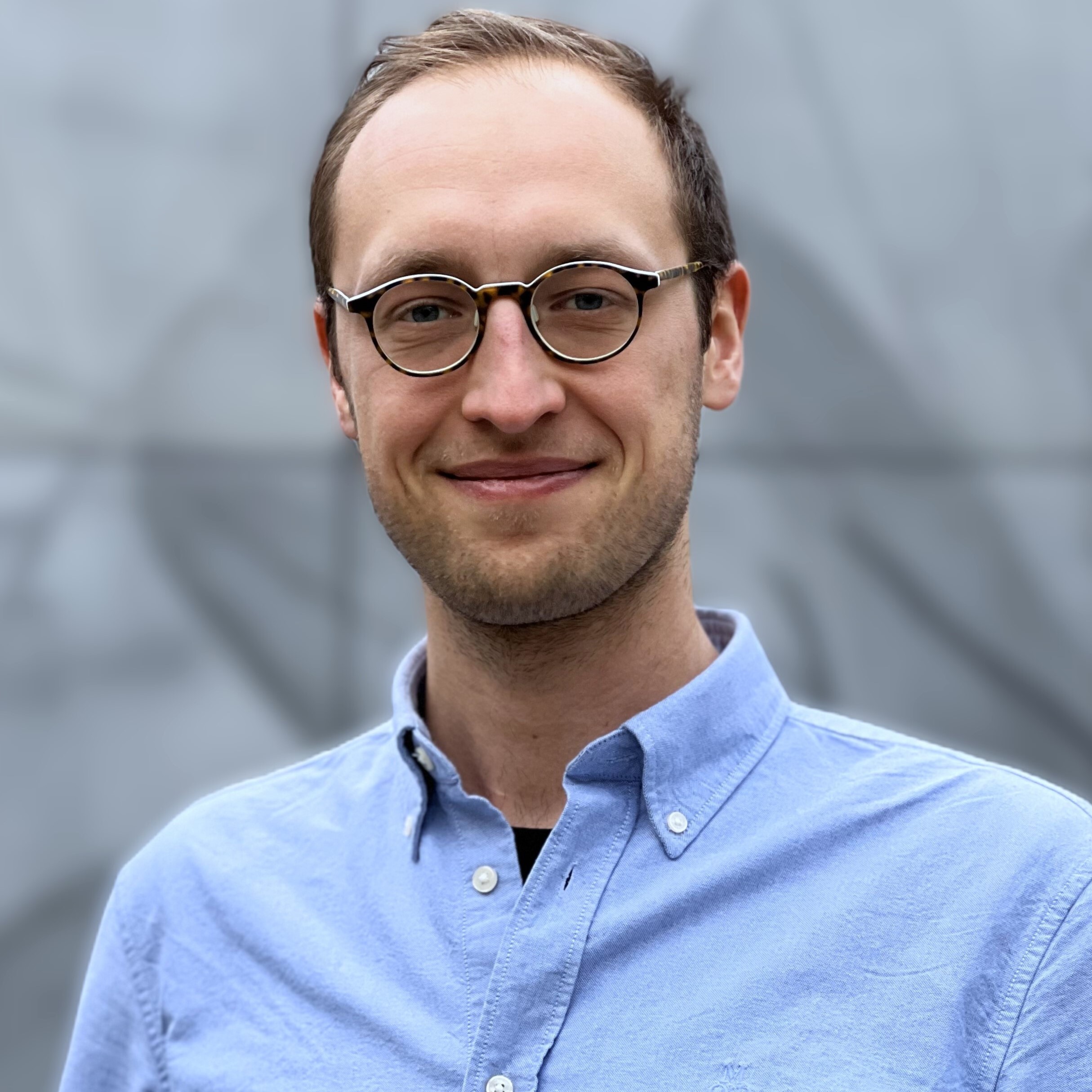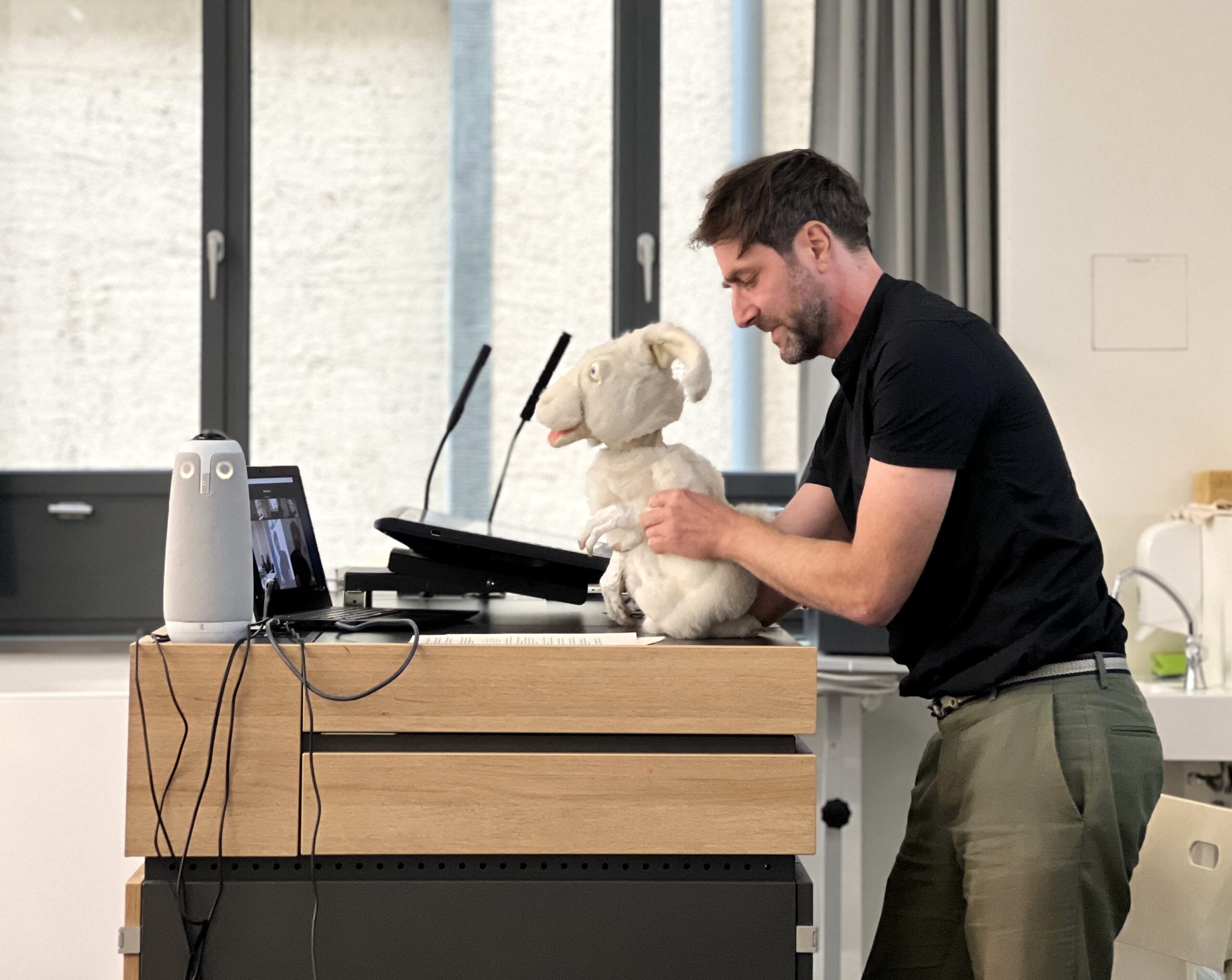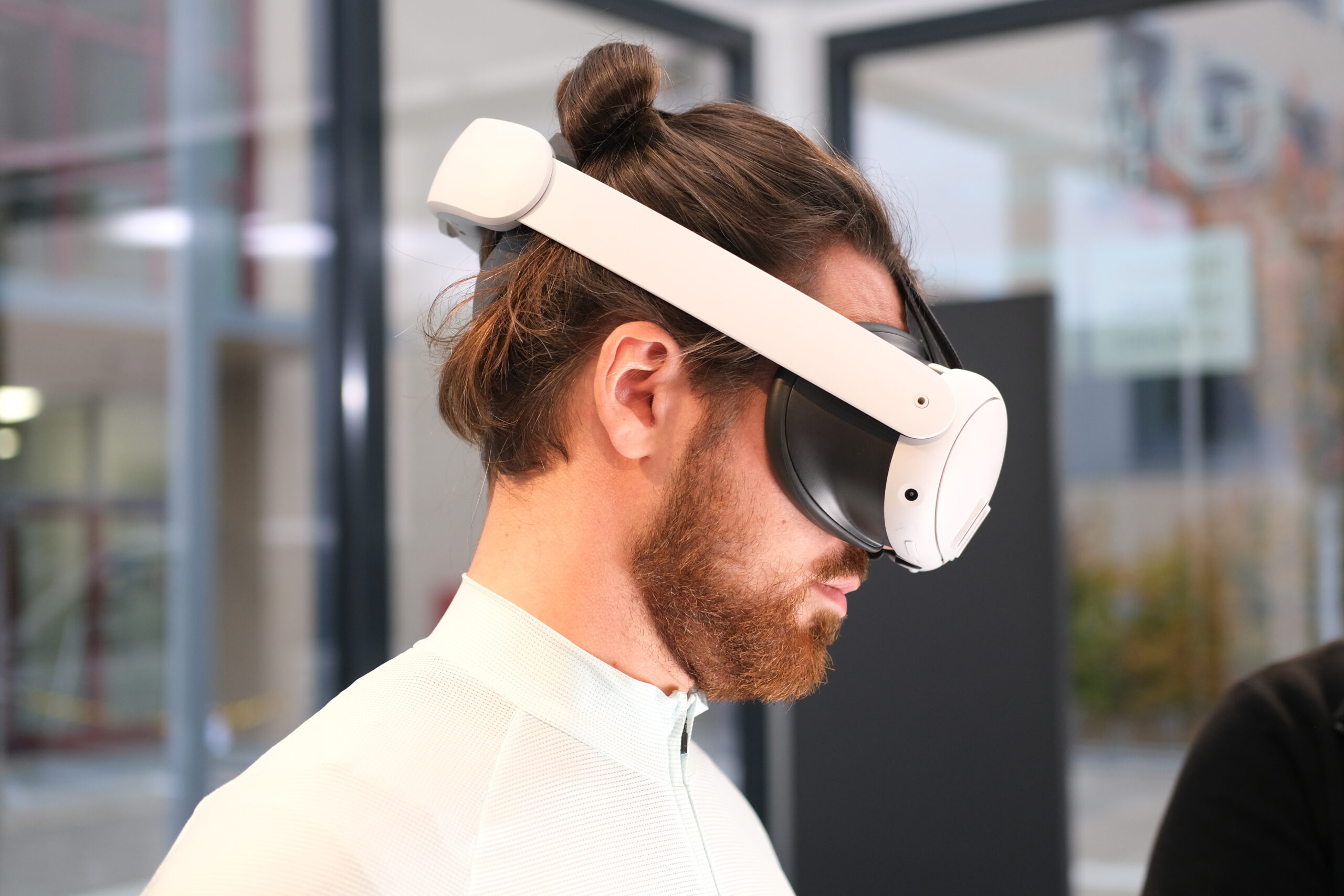Our researcher Caspar v. Lengerke has joined our ‘ReachOut‘ exchange programme.
The aim of this programme is to introduce CeTI employees to other research institutes, universities and companies working in areas relevant to CeTI.
Dear Caspar can you tell us about your experience?
I had the privilege of spending three months as a visiting researcher at Professor
Muriel Médard’s Network Coding & Reliable Communication (NCRC) Group at
MIT, with the generous support of CeTI. During this time, I advanced my research on identification codes (ID codes), a promising area for future communication systems, particularly in the tactile internet. My work focused on the application of random linear codes, a powerful extension of traditional linear codes in coding theory.
ID codes help identify transmitted codewords efficiently. While traditional codes like Reed-Solomon offer robust reliability, their structure is limited. Random linear codes, by contrast, are more flexible, offering a broader class of codes with fewer constraints. This flexibility makes them ideal for constructing effective ID codes, especially in scenarios where traditional codes are inefficient.
Random linear codes are versatile, as they can be adapted to a wide range of communication scenarios. Almost any random linear code can be a good ID code, making them efficient for practical implementations.
I collaborated with experts to explore how random linear codes can improve ID coding, contributing to CeTI’s mission, especially for tactile internet technologies. The insights gained during this visit have the potential to drive my future research and help address the communication challenges posed by emerging technologies.
The research environment was ideal for exploring these ideas, aligning well with CeTI’s goals of advancing communication technologies. I am excited to apply the knowledge gained during my time there to further CeTI’s mission of enhancing communication and accessibility through the tactile internet.
My stay with the NCRC group has been a transformative experience. I gained a deeper understanding of how random linear codes can improve ID codes, providing significant advantages for real-world applications, including the tactile internet. I look forward to applying these insights to advance cutting-edge communication solutions.
Why would you recommend this exchange program?
I highly recommend that young researchers seek opportunities to collaborate with different research groups, attend international events, and visit other labs. Research is a collective, global effort that is based on interaction with other people who can have a different perspective on common problems. CeTI’s ReachOut programme provides an exceptional opportunity to conduct research abroad, offering flexibility in terms of destination, duration, and research objectives. This initiative enables researchers to broaden their horizons, gain new insights, and contribute to the advancement of innovative solutions in their field.






